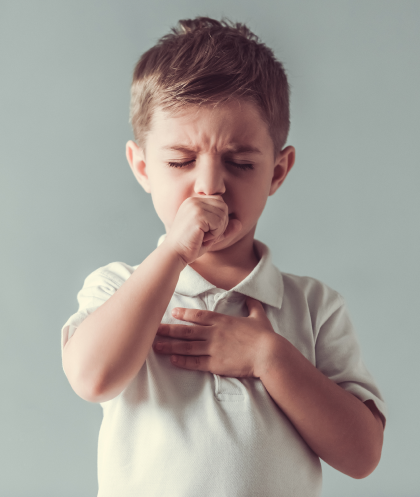
77 Wimpole Street,
London, W1G 9RU


Respiratory Conditions

If you’re a smoker there are lots of good reasons to try and quit. If you’re hoping to get pregnant, or are already pregnant, there’s an even better reason: the health of your unborn baby. Smoking during pregnancy can have a profound effect on a child’s health. And, the more you smoke, the greater the risk is.
For many reasons, anyone who wants to have children should avoid smoking. For anyone who wants to get pregnant, quitting is hugely important. Smoking has a number of effects relating to reproduction, pregnancy, and early childhood development. For instance, smoking can reduce fertility, and increase the risk of sudden infant death syndrome. It’s also well-known that children whose mothers smoked during pregnancy have a higher risk of contracting viral infections after birth.
Studies and reviews carried out in the last decade clearly show a link between smoking during pregnancy, and a higher risk of viral infection after a child is born. Some findings include:
One of the most significant consequences of prenatal cigarette smoke exposure is that it causes a reduction in foetal breathing movements. These movements aren’t necessary to supply a growing foetus with oxygen—the placenta does that—but are vital if the lungs are to grow and mature as normal. When foetal breathing movements are impaired, for instance by cigarette smoke exposure, the result is that once a baby is born and must breath on its own, the lungs are less effective than they should be. This can continue to affect the child throughout adolescence and into adulthood.
Smoking during pregnancy also increases the foetal heart rate. This, together with the other effects of foetal smoke exposure, is what causes the higher risk of viral infection. All of these effects combine to make the new born baby more vulnerable to viral infections. With weaker lungs and a lower birth weight, they are much more susceptible to infection than other new born babies. These and other problems persist throughout childhood, and beyond.
It’s also important to understand that not only is the risk of viral infection higher, the risk of a severe, even life-threatening infection is higher too. For a developing foetus, there is no safe level of cigarette exposure.
Please fill the form below
Suzanne Harvey
secretary
Resources
